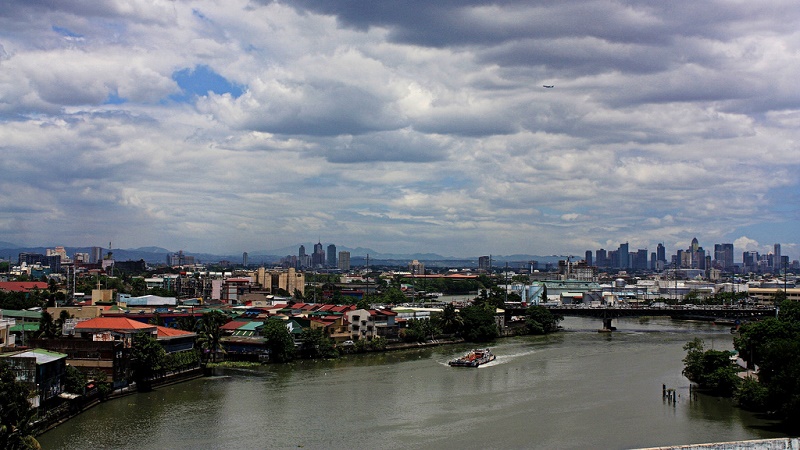The Philippines’ energy department has put its foot down and maintained its refusal to endorse the ratification of the Paris Agreement.
President Rodrigo Duterte had signalled his willingness to support the UN’s flagship climate deal, but government sources told Climate Home that Department of Energy Secretary Alfonso Cusi has blocked the move.
Thirty-three government agencies under the Climate Change Commission Advisory Board (CCCAB) and the Cabinet Cluster on Climate Change Adaptation and Mitigation (CCCCAM), were required to submit their views on the 2015 UN pact to the Department of Foreign Affairs (DFA).
In a letter dated November 14, Climate Home understands Cusi told the DFA that “definitive” inter-agency plans and programs on implementing the Paris Agreement must first be developed, adding that it cannot support actions that could hinder its capacity to provide the country energy security.
The energy department chief also said developing countries must not be forced to cut their emissions as their needs are “different,” one of which is to accelerate economic growth, a goal that will require the use of massive energy.
Cusi also said in the letter that support from developed nations must not be contingent on any climate deal.
Duterte, as early as the presidential campaign in March, said that the Philippines should not be stopped from building more coal-fired power plants and called the UN a “hypocrite” for saying that developing countries must also reduce their carbon footprint.
The country has 29 coal-fired power plants in the pipeline which are expected to be operational by 2020.
UN confirms 2016 will be hottest year on record https://t.co/WcIKQwSESM #climate #COP22 pic.twitter.com/c4XRmrNPIp
— Climate Home News (@ClimateHome) November 14, 2016
Under the Paris Agreement, developed nations are mandated to provide financial and technological support to developing nations so the latter can strengthen their mitigation and adaptation efforts.
The energy czar’s rejection of the deal came as Duterte switched from open hostility to the UN climate pact to suggesting he was open to ratifying it.
Duterte made the turnaround after the majority of the Cabinet voted on 7 November for its ratification. Duterte has yet to officially endorse its ratification the Senate, however.
The Philippine Constitution states that two thirds of the Senate must vote for the approval of international treaties such as the Paris Agreement for them to be ratified.
Purple Romero’s travel and accommodation in Marrakech was paid by a grant by the Climate Change Media Partnership (CCMP)
